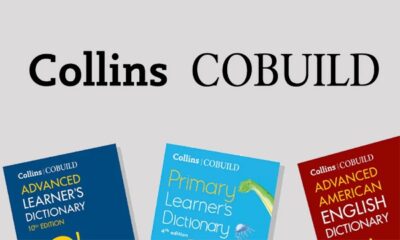This series of articles about travelling will help you to find out how to get to places and do things such as buy tickets. They will also help you to talk about travelling in clear, natural English.
This first article will help you talk about your plans.
Talking about your plans
When you are travelling, you may want to tell people what you will do. For travel plans that you are sure of, use I’m going to … . Use Are you going to … ? to ask someone about their travel plans.
I’m going to spend a day in Madrid.
I’m going to take the train.
Then we’re going to go to London.
Are you going to travel together?
Are you going to fly there?
To talk about your plans, you can also use I plan to … .
I plan to spend a few days in Berlin.
I plan to visit some friends.
She plans to work while she’s in Australia.
Use Will you … ? to ask if someone is going to do something.
Will you call us when you get there?
Will you take much luggage with you?
To talk about something that you would like to do but are not sure that you will do, you can use *I hope to … *.
I hope to go to Bulgaria this year.
I hope to spend some time in the mountains.
We hope to do a tour of the islands.
To talk about a travel plan that is only possible, use I might ….
I might book a hotel for the night.
I might come home earlier than planned.
I might spend an extra week in Calgary.
Saying what you have to do
If it is important for you to do something while you are travelling, use I have to … or I need to … .
I have to buy a ticket.
I have to take the train to Berlin first.
I need to get to the airport by ten o’clock.
We need to call a taxi.
Another way of saying that it is important that you do something is I must … . This is used especially when it is very important that you do something.
I must be back by June 5th.
I must take my passport.
You must take your mobile.
Saying what you want to do
To say what you want to do when you are travelling, use I’d like to … .
I’d like to hire a bike.
I’d like to take the train.
I’d like to change my ticket.
If you know that you do not want to do something, use I don’t want to … .
I don’t want to travel alone at night.
I don’t want to fly, if possible.
We don’t want to spend a lot on accommodation.
Useful words
spend to use your time doing something
take to use a vehicle to go from one place to another
fly to travel somewhere in an aircraft
visit to go to see someone in order to spend time with them
work to have a job and earn money for it
luggage the bags that you take with you when you travel
a mountain a very high area of land with steep sides
a tour a trip to an interesting place or around several interesting places
an island a piece of land that is completely surrounded by water
book to arrange to have or use something, such as a hotel room, at a later time
a hotel a building where people pay to stay and eat meals
an airport a place where aeroplanes come and go, with buildings and services for passengers
a taxi a car that you can hire, with its driver, to take you where you want to go
The next article coming in a couple of weeks will discuss how you can make suggestions.




collins_dictionary_official
The home of living language. #wotd #wordlovers #collinsdictionary
Read our word of the week definitions and blog posts: